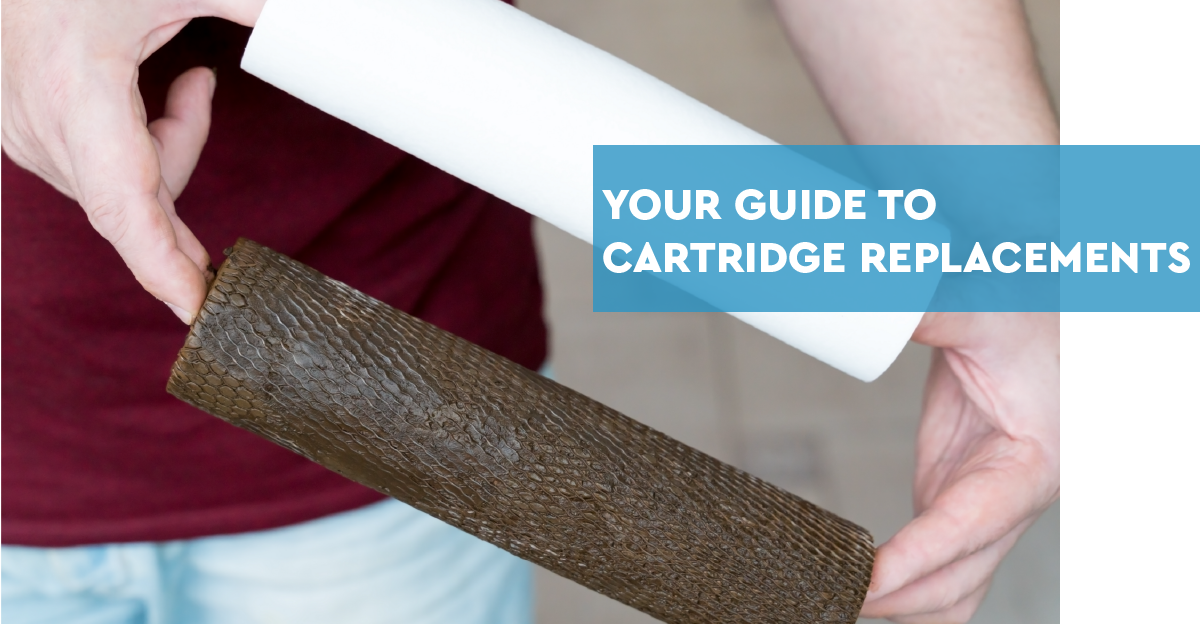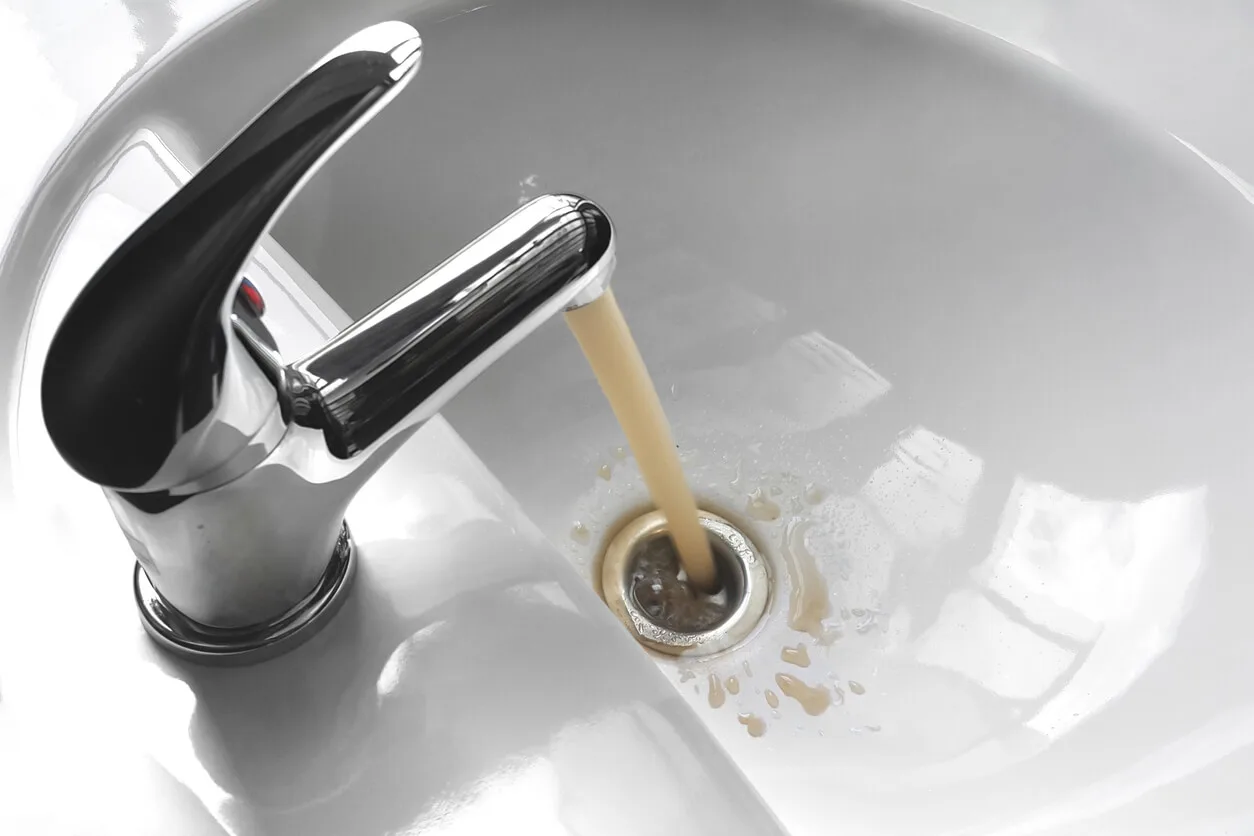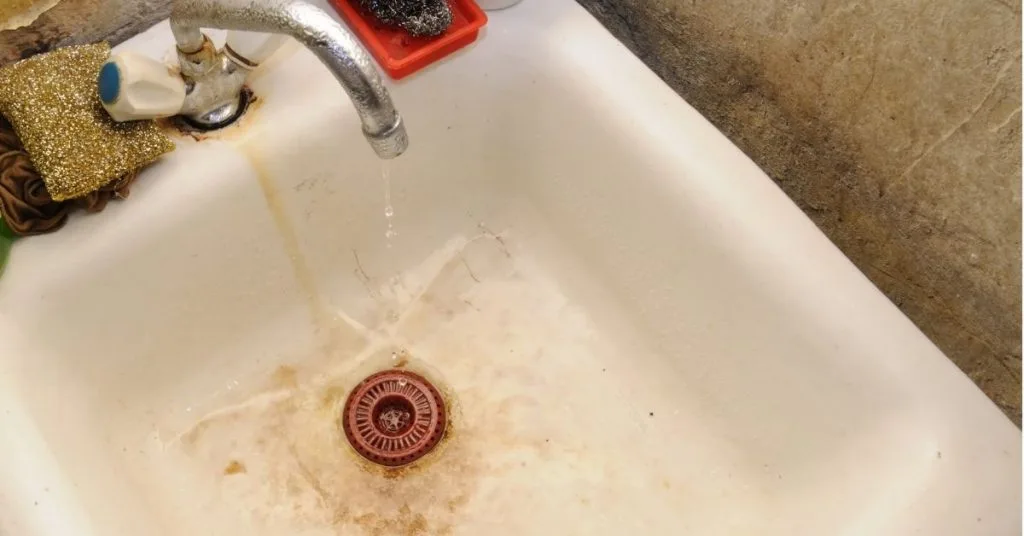Currently Empty: R0.00

Water is essential for life, and ensuring its purity is crucial for maintaining good health. Water filters are widely used in homes and businesses to remove contaminants and improve the taste and quality of drinking water. However, to keep these systems working effectively, it’s important to replace the filter cartridges regularly. This guide will walk you through everything you need to know about water filter cartridge replacements.
Understanding Water Filter Cartridges
What is a Water Filter Cartridge?
A water filter cartridge is a replaceable element within a water filtration system that removes impurities from water. These cartridges are designed to fit specific filter models and come in various types depending on the contaminants they are meant to eliminate.
Types of Water Filter Cartridges
- Sediment Cartridges: These remove dirt, sand, silt, and other particulates from water.
- Activated Carbon Cartridges: Effective in removing chlorine, bad taste, odors, and organic compounds.
- Reverse Osmosis (RO) Cartridges: Used in RO systems to remove a wide range of contaminants, including heavy metals, minerals, and other dissolved solids.
- Alkaline/Remineralization Cartridges: Add minerals back into the water to improve its taste and increase pH levels.
- Ultraviolet (UV) Cartridges: Utilize UV light to disinfect water by killing bacteria and viruses.
Why Regular Replacement is Necessary
Over time, water filter cartridges become clogged with contaminants, which reduces their effectiveness. Failing to replace them regularly can lead to several issues:
- Reduced Water Quality: The filter may no longer effectively remove contaminants.
- Decreased Water Flow: Clogged filters can slow down the water flow rate.
- Potential Health Risks: Old filters can become breeding grounds for bacteria and mold.
- Increased Strain on the Filtration System: This can lead to system malfunctions and higher maintenance costs.
How Often Should You Replace Your Water Filter Cartridge?
The frequency of replacement depends on several factors:
- Filter Type: Different filters have different lifespans. For example, sediment filters may need replacement every 3-6 months, while carbon filters can last up to 12 months.
- Water Quality: If your water source has high levels of contaminants, the filter will need to be replaced more frequently.
- Usage: Higher water consumption rates will wear out filters faster.
Manufacturers usually provide guidelines on how often to replace the cartridge. It’s essential to follow these recommendations to ensure optimal performance.
Steps to Replace Your Water Filter Cartridge
1. Identify the Filter Type and Model
Before purchasing a replacement, identify the type and model of your current filter. This information is typically found in the user manual or on the filter itself.
2. Purchase the Correct Replacement Cartridge
Ensure that the replacement cartridge is compatible with your filter system. You can buy these from home improvement stores, online retailers, or directly from the manufacturer.
3. Prepare for Replacement
- Turn Off the Water Supply: To avoid water leakage, shut off the water supply to the filter.
- Release Pressure: Some systems have a pressure release button. Press this to release any built-up pressure.
4. Remove the Old Cartridge
- Open the Filter Housing: Depending on your filter system, this may require unscrewing or unlocking the housing.
- Remove the Old Cartridge: Take out the old cartridge and dispose of it according to local regulations.
5. Install the New Cartridge
- Insert the New Cartridge: Place the new cartridge into the filter housing, ensuring it’s properly aligned.
- Reassemble the Housing: Screw or lock the housing back in place securely.
6. Flush the New Cartridge
After installation, flush the new cartridge by running water through it for a few minutes. This helps remove any carbon dust or loose particles.
7. Turn the Water Supply Back On
Restore the water supply and check for leaks. If everything is secure, your filter is ready for use.
Tips for Maintaining Your Water Filtration System
- Regular Inspections: Periodically check your filter system for any signs of wear or damage.
- Follow Manufacturer Guidelines: Adhere to the maintenance schedule provided by the manufacturer.
- Keep Spare Cartridges: Having spare cartridges on hand ensures you can replace them promptly when needed.
- Monitor Water Quality: If you notice changes in water taste, odor, or flow, it might be time to replace the cartridge earlier than scheduled.
Conclusion
Regular replacement of water filter cartridges is crucial for maintaining the quality and safety of your drinking water. By understanding the types of filters, knowing when to replace them, and following the correct replacement procedures, you can ensure your water filtration system remains effective and efficient. Investing in the proper maintenance of your water filter not only protects your health but also extends the life of your filtration system.






